Two new divisions and distinctions in politics emerge today, beyond left or right, those who do not accept alternation (electoral dictatorships) and democracies (in all their facets) that do.
Is it time for the UN and the OAS to act? Russia, China, Nicaragua, and Iran support and celebrate recurrent electoral fraud. It is evident that the world is currently divided between those who degrade themselves by participating in manipulated and false elections, as a sort of dictatorial self-deception.
Venezuela presents itself today as a mirror of modern fascism, masked as a revolutionary democracy.
Are 8 million Venezuelan migrants, equivalent to a third of its population, not enough to raise awareness? However, the world seems to forget about the nearly 6.5 million exiled Cubans, who represent a similar percentage, while some continue to glorify the image of Che Guevara, deluding themselves about his role as a liberator. Is it now that humanity is facing the reality of electoral dictatorships present in Russia, Cuba, China, and Venezuela? Are there others in Latin America, in some state or province of Brazil, Argentina, or Bolivia?
Essential keys to understanding why Venezuela is a paradigmatic case of electoral fraud:
In a geopolitical context marked by global rejection, fundamental aspects have emerged shedding light on the largest fraud perpetrated in the history of Latin America by the Venezuelan autocrat, Nicolás Maduro. With 8 million Venezuelans abroad and only 69,000 of the 5 million eligible to vote in a position to do so, of which only 40,000 were able to exercise their right to vote, does it not appear flagrantly unfair, regardless of ideological affiliation? Who do you think those 8 million fleeing Venezuelans would vote for, escaping persecution, hunger, harassment, violence, poverty, and injustice in their own land? How is it possible that there are media outlets, politicians, presidents, nations, artists, and institutions that support and deny this reality?
How can some Venezuelans, motivated by ideological fanaticism or statist biases, deny this truth and allow this atrocity against their own compatriots? Chavismo, that dehumanized machinery of corruption that has forced millions of Venezuelans to leave their country and has denied them the fundamental right to suffrage, will strengthen its internal structure, intensify persecution and repression, and consolidate its few international alliances with the few allies it has left: Russia, China, Iran, Cuba, Nicaragua, and Bolivia.
None of these regimes accept alternation, which represents a drastic threat that demands joint action from the rest of the world, beyond political divisions, to preserve human history and social progress.
Evident fraud tactics:
The Venezuelan tyrant, aware that popular will represented a threat to his stay in power and entrenched impunity, orchestrated, using the state apparatus, an electoral scam of colossal proportions that has outraged the international community. International observers who could verify the transparency of the elections were prevented from entering. In more than 50% of the polling stations, opposition representatives were prevented from accessing the electoral records from their generation. Violent reprisals were resorted to, including the use of armed forces and civilian groups like the collectives, characteristic of Maduro's totalitarianism. It is incomprehensible that institutions like the Grandmothers of Plaza de Mayo support this dictatorship instead of condemning it, especially considering their own fight against totalitarianism in the past.
"The electoral records occurred uninterrupted, projecting a homogeneous, decisive, and predictable result: Edmundo González Urrutia emerged as the clear winner at the polls, destined to become the new president according to the will of the Venezuelan people." This drastic fact implies that the rest of the world must unite and act together, regardless of their political orientation, to safeguard human history and social evolution at risk.
"The electoral records succeeded uninterruptedly, projecting a homogeneous, forceful, and foreseeable result: Edmundo González Urrutia emerged as the clear winner at the ballot box, destined to be inaugurated as the new president according to the will of the Venezuelan people. The advantage recorded in each case exceeded 34% and coincided with the estimates of independent polls. The candidate, protected by María Corina Machado, embodied popular hope after a quarter of a century of chavismo that has plunged Venezuela into the darkness of its past splendor.
However, the dictatorship led by Nicolás Maduro, Diosdado Cabello, the brothers Jorge and Delcy Rodríguez, Tarek William Saab, and Vladimir Padrino López had different plans for the Venezuelan and regional political landscape. The regime established by Hugo Chávez perpetrated the greatest fraud in the democratic history of Latin America. The fraudulent scheme was set in motion early on, backed by false surveys predicting an overwhelming and implausible victory for the United Socialist Party of Venezuela (PSUV). Even former presidents like Rafael Correa of Ecuador and Evo Morales of Bolivia contributed enthusiastically and triumphantly to spreading this lie. However, the ruse was uncovered minutes later: it was a survey conducted by a fictitious entity, and none of those involved offered apologies, leaving open the possibility of resorting to similar tricks in the future.
In an authentic democracy, the arbitrary exclusion of a candidate by the incumbent government should not be allowed. Maduro's mega-fraud was conceived long before July 28, as chavismo was not willing to relinquish power and privileges accumulated over decades in key sectors such as oil, gold, and drug trafficking. Machado's exclusion from the electoral contest marked the beginning of this stratagem.
It is not just about losing elections, but being held accountable for corruption and crimes against humanity. The Maduro regime had compelling reasons to cling to power, including accusations of crimes against humanity that led to an investigation by the International Criminal Court.
In conclusion, chavismo has built such a monumental power structure that dismantling it poses a colossal challenge for humanity, which seems to tolerate organized crime disguised as politics. Regardless of political affiliation, it is crucial to recognize these realities and act accordingly to preserve the integrity of democratic processes and human rights worldwide.
UN reports on the crimes perpetrated in Venezuela by the Maduro tyranny:
-
El horror de la Venezuela de Maduro y de Chávez (informe completo de La Misión de la ONU)
-
Venezuela: ¿Qué piensan los casi 7 millones de migrantes sobre la oposición?
Understanding the electoral fraud perpetrated in Venezuela is essential, where the participation of millions of citizens was prevented in a rigged process to perpetuate the power of Nicolás Maduro and his circle. The complicity of institutions and leaders supporting this dictatorship is unacceptable and jeopardizes democratic principles and rights."
IG: @infonegociosmiami
Registrate sin cargo, ahora, aquí.
USA: https://infonegocios.miami
Uruguay : https://infonegocios.biz
Argentina: https://infonegocios.info
Paraguay: https://infonegocios.com.py
España (Madrid): https://infonegocios.madrid
España (Barcelona): https://infonegocios.barcelona


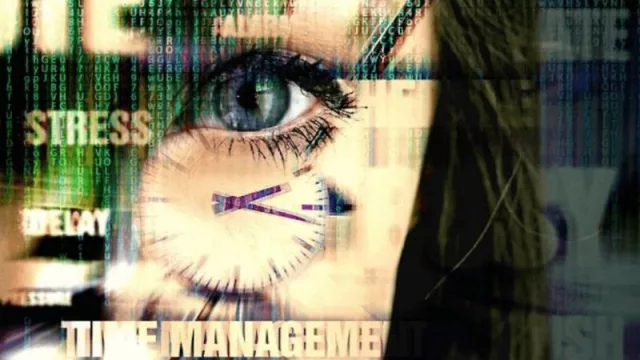
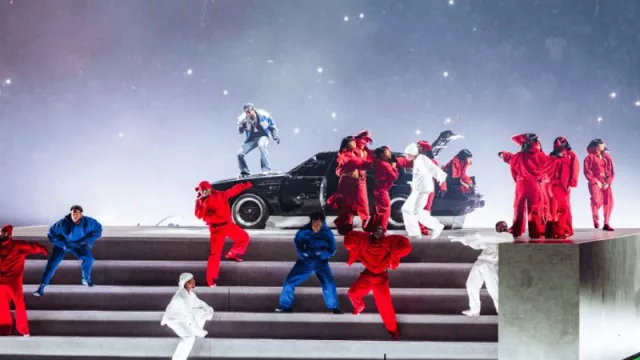
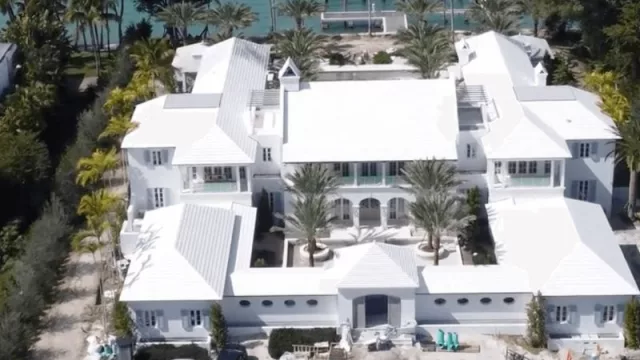

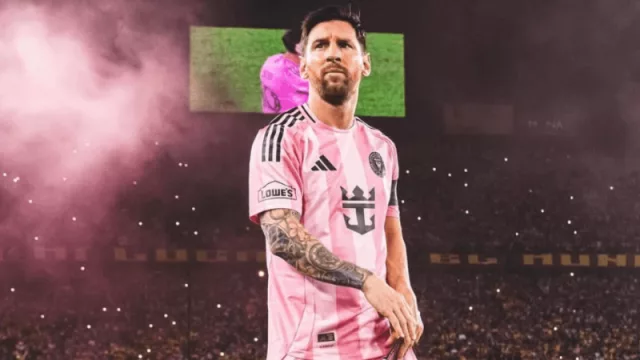



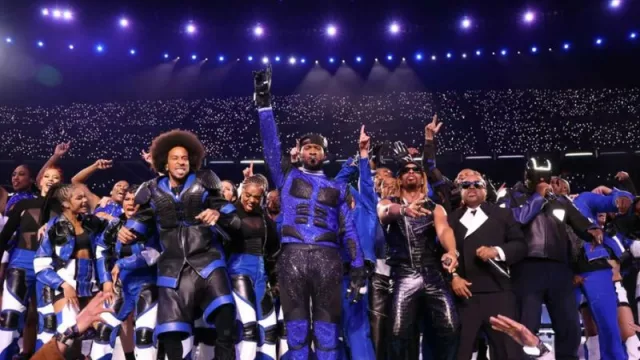

Tu opinión enriquece este artículo: